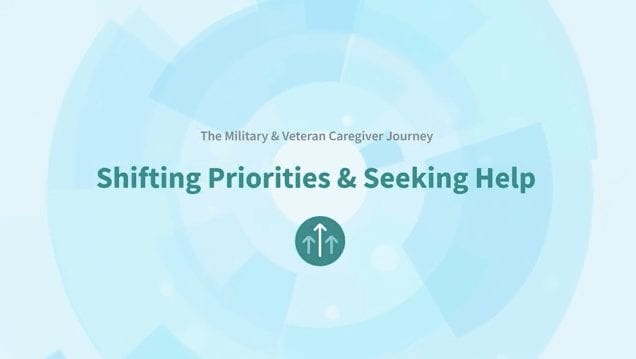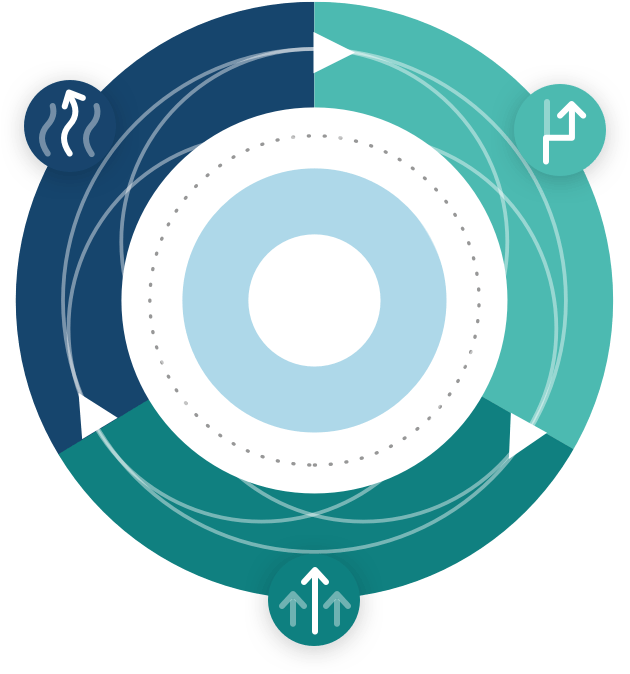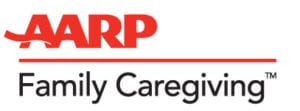Shifting Priorities & Seeking Help
Key Caregiver Experiences

About This Stage
During this phase, the caregiver accepts an increased level of responsibility for their loved one’s care, and starts to reach out for external assistance. In doing so, their day-to-day priorities shift to accommodate these new responsibilities.
For instance, the caregiver may seek increased childcare support, reduce their hours at work, or otherwise alter their routine to make up for their increased caregiving responsibilities. At the same time, the caregiver engages with their loved one’s health care plan – scheduling appointments, negotiating a care plan, and/or applying for benefits.
becoming aware & adjusting
Key Caregiver Needs
Need more support? Visit our Caregiver Resource Directory.
Learn more about the Caregiver Journey Map

